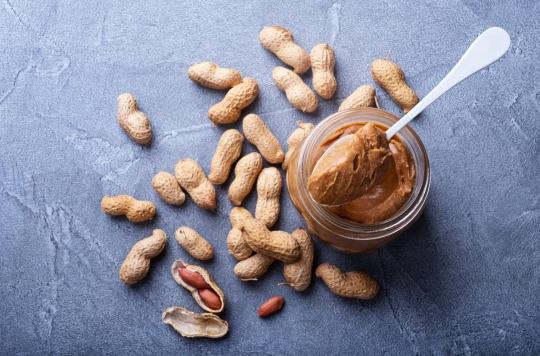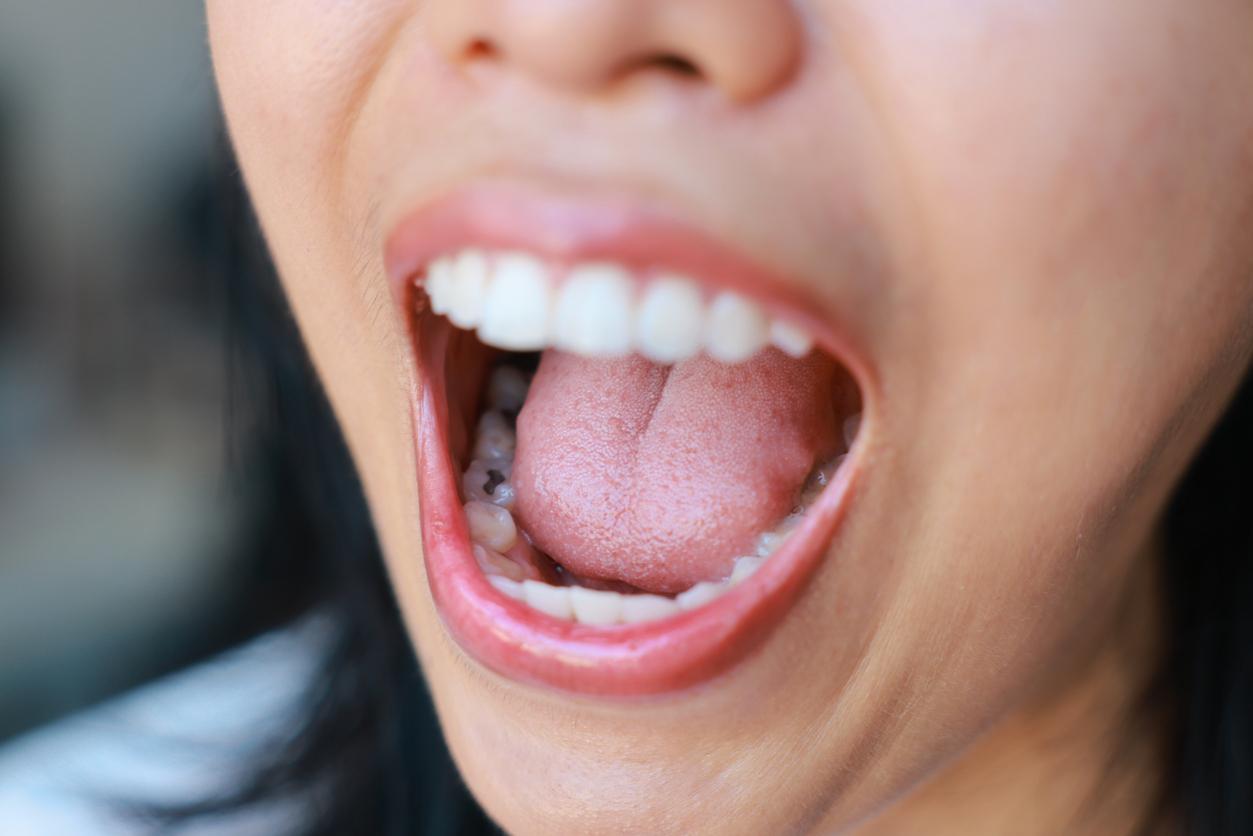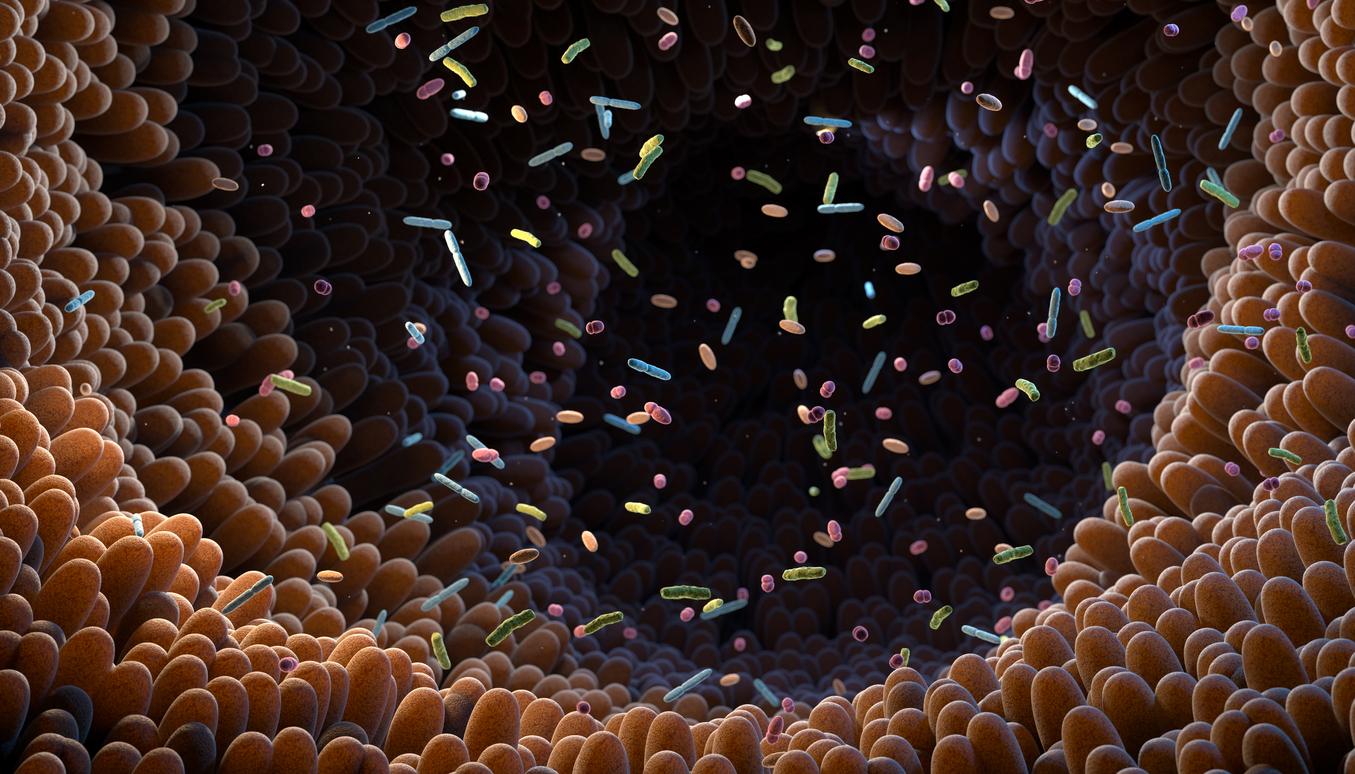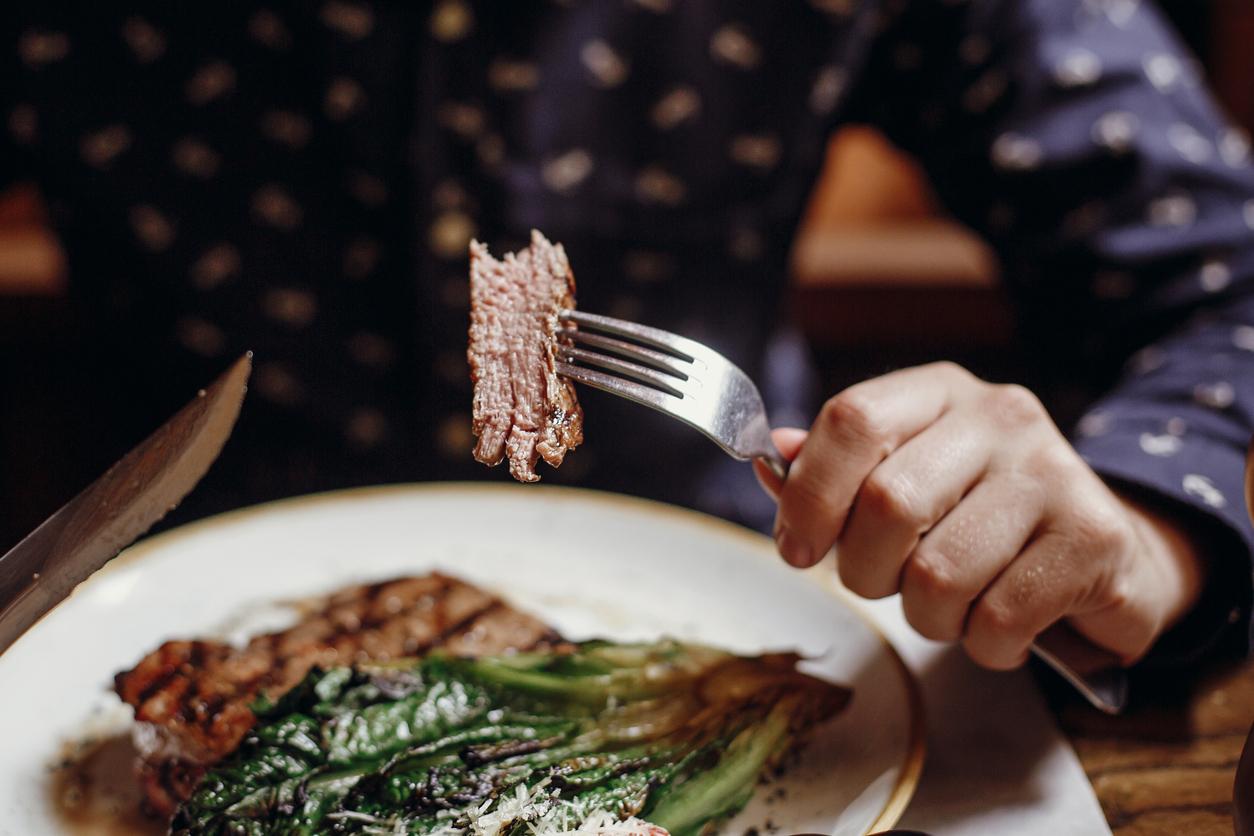A bacterial compound called “butyrate”, made in the gut microbiota, has been shown to be effective in treating peanut allergy in mice.

- Our diet and use of antibiotics has resulted in a decrease in Clostridia, gut bacteria that produce butyrate.
- Butyrate promotes the growth of healthy bacteria and preserves the intestinal lining.
- The researchers are also studying the administration of the compound by injection.
For some time now, the intestinal microbiota has emerged as an interesting avenue in the fight against food allergies. One of the compounds called “butyrate”, produced by Clostridia (bacteria found in the intestines), has shown promise for countering allergic reactions. But its oral administration “is difficult due to its unpleasant odor and rapid absorption in the upper intestine”, indicated researchers from the University of Chicago (United States) in a prepublication on the site of bioRxiv.
The protective barrier and the intestinal microbiota restored
Thus, the latter decided to develop another means of administering this compound. “They polymerized butanoyloxyethyl methacrylamide – a molecule whose side chain contains a butyrate group – with methacrylic acid or hydroxypropyl methacrylamide. The polymers thus obtained assembled into aggregates, or polymeric micelles, which enclose the chains laterals of butyrate in their core, thus masking the unpleasant odor and taste of the compound”can we read in a statement.
Next, the team administered these micelles (a molecular cluster structure) into the digestive system of mice that lacked healthy gut bacteria or a properly functioning gut wall. After the digestive juices released the butyrate in the lower intestine, the inert polymers were eliminated. The treatment restored the protective barrier and the intestinal microbiota, “in part by increasing the production of peptides that kill harmful bacteria, which made room for butyrate-producing bacteria.”
Preventing an Allergic Reaction to Peanuts
Another observation: the administration of micelles in allergic mice made it possible to avoid a potentially fatal allergic reaction when they were exposed to peanuts. “This type of treatment is not antigen-specific, so in theory it can be used for all food allergies by modifying the gut microbiota,” said Shijie Cao, author of the works.
In future research, the authors plan to conduct trials in larger animals and conduct clinical trials. “If these trials are successful and the US Food and Drug Administration approves the treatment, the micelles could be marketed in small sachets that consumers would open and mix the contents into a glass of water or juice,” they concluded.

















